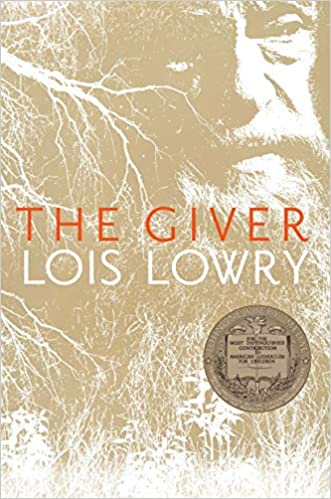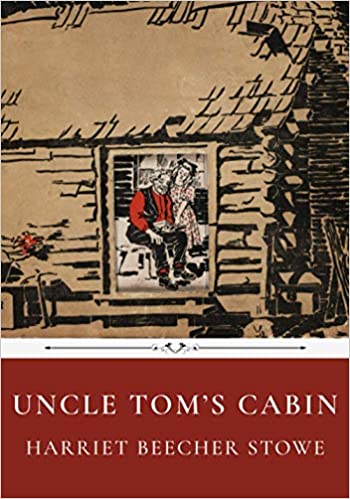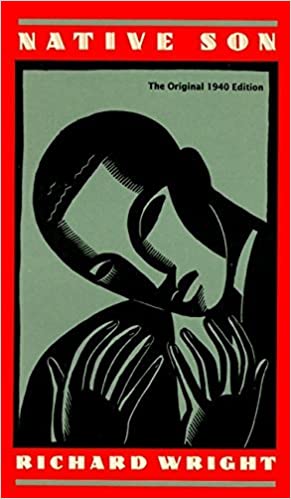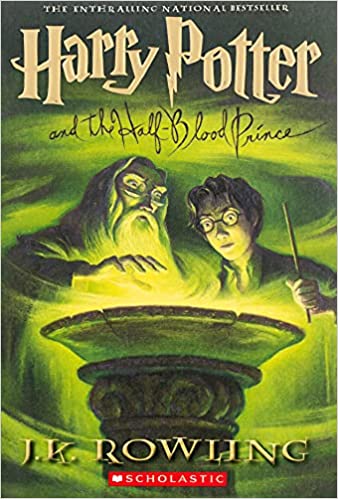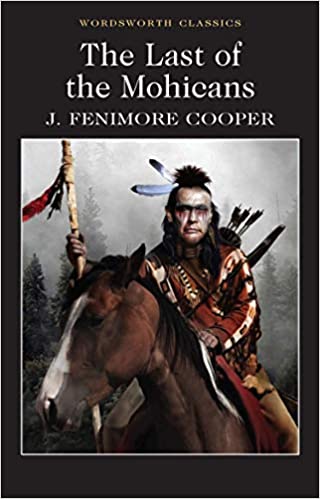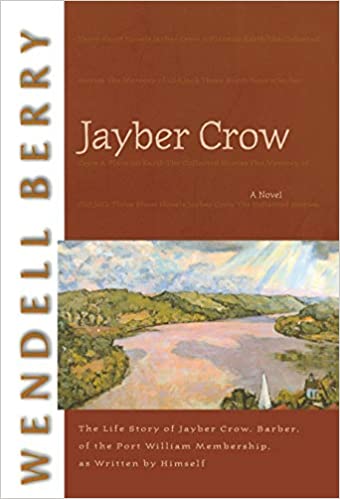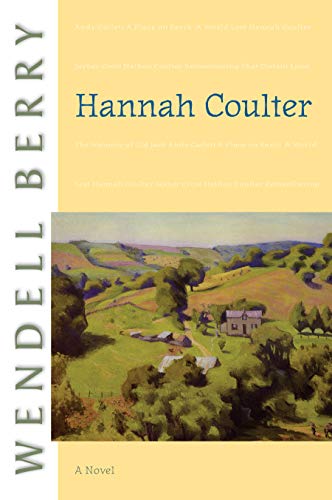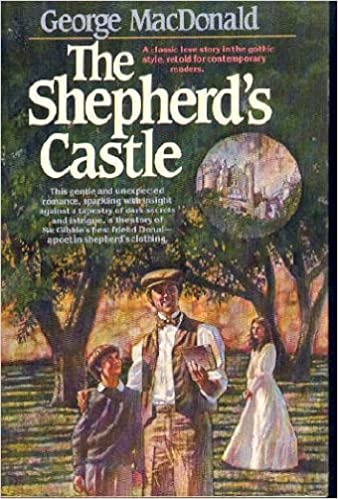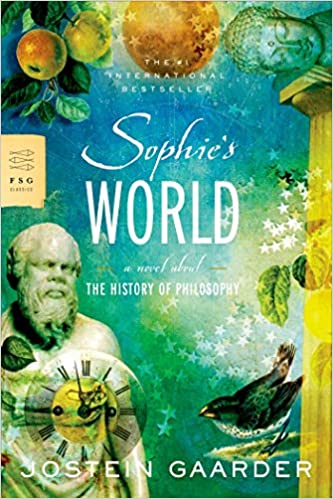The Giver
In Lois Lowry’s Newbery Medal–winning classic, twelve-year-old Jonas lives in a seemingly ideal world. Not until he is given his life assignment as the Receiver does he begin to understand the dark secrets behind his fragile community.
The Giver, the 1994 Newbery Medal winner, has become one of the most influential novels of our time. The haunting story centers on twelve-year-old Jonas, who lives in a seemingly ideal, if colorless, world of conformity and contentment. Not until he is given his life assignment as the Receiver of Memory does he begin to understand the dark, complex secrets behind his fragile community. Lois Lowry has written three companion novels to The Giver, including Gathering Blue, Messenger, and Son.
More info →Uncle Tom’s Cabin
From Amazon: "
Uncle Tom's Cabin; or, Life Among the Lowly, is an anti-slavery novel by American author Harriet Beecher Stowe. Published in 1852, the novel had a profound effect on attitudes toward African Americans and slavery in the U.S. and is said to have "helped lay the groundwork for the Civil War".
Stowe, an active abolitionist, featured the character of Uncle Tom, a long-suffering black slave around whom the stories of other characters revolve. The sentimental novel depicts the reality of slavery while also asserting that Christian love can overcome something as destructive as enslavement of fellow human beings.
It is credited with helping fuel the abolitionist cause in the 1850s. The impact attributed to the book is great, reinforced by a story that when Abraham Lincoln met Stowe at the start of the Civil War, Lincoln declared, "So this is the little lady who started this great war." "
More info →Native Son
From Amazon: "
Right from the start, Bigger Thomas had been headed for jail. It could have been for assault or petty larceny; by chance, it was for murder and rape. Native Son tells the story of this young black man caught in a downward spiral after he kills a young white woman in a brief moment of panic.
Set in Chicago in the 1930s, Richard Wright's powerful novel is an unsparing reflection on the poverty and feelings of hopelessness experienced by people in inner cities across the country and of what it means to be black in America."
More info →Moby Dick
From Amazon: "Moby Dick is the story of Captain Ahab's quest to avenge the whale that 'reaped' his leg. The quest is an obsession and the novel is a diabolical study of how a man becomes a fanatic. But it is also a hymn to democracy. Bent as the crew is on Ahab s appalling crusade, it is equally the image of a co-operative community at work: all hands dependent on all hands, each individual responsible for the security of each. Among the crew is Ishmael, the novel's narrator, ordinary sailor, and extraordinary reader. Digressive, allusive, vulgar, transcendent, the story Ishmael tells is above all an education: in the practice of whaling, in the art of writing."
More info →Harry Potter and the Half-Blood Prince
The war against Voldemort is not going well; even the Muggles have been affected. Dumbledore is absent from Hogwarts for long stretches of time, and the Order of the Phoenix has already suffered losses.
And yet . . . as with all wars, life goes on. Sixth-year students learn to Apparate. Teenagers flirt and fight and fall in love. Harry receives some extraordinary help in Potions from the mysterious Half-Blood Prince. And with Dumbledore's guidance, he seeks out the full, complex story of the boy who became Lord Voldemort -- and thus finds what may be his only vulnerability.
More info →The Last of the Mohicans
It is 1757. Across north-eastern America the armies of Britain and France struggle for ascendancy. Their conflict, however, overlays older struggles between nations of native Americans for possession of the same lands and between the native peoples and white colonisers. Through these layers of conflict Cooper threads a thrilling narrative, in which Cora and Alice Munro, daughters of a British commander on the front line of the colonial war, attempt to join their father. Thwarted by Magua, the sinister 'Indian runner', they find help in the person of Hawk-eye, the white woodsman, and his companions, the Mohican Chingachgook and Uncas, his son, the last of his tribe.
Cooper's novel is full of vivid incident- pursuits through wild terrain, skirmishes, treachery and brutality- but reflects also on the interaction between the colonists and the native peoples. Through the character of Hawkeye, Cooper raises lasting questions about the practises of the American frontier and the eclipse of the indigenous cultures.
Jayber Crow
“This is a book about Heaven,” says Jayber Crow, “but I must say too that . . . I have wondered sometimes if it would not finally turn out to be a book about Hell.” It is 1932 and he has returned to his native Port William to become the town's barber.
Orphaned at age ten, Jayber Crow’s acquaintance with loneliness and want have made him a patient observer of the human animal, in both its goodness and frailty.
He began his search as a “pre–ministerial student” at Pigeonville College. There, freedom met with new burdens and a young man needed more than a mirror to find himself. But the beginning of that finding was a short conversation with “Old Grit,” his profound professor of New Testament Greek.
“You have been given questions to which you cannot be given answers. You will have to live them out—perhaps a little at a time.”
“And how long is that going to take?”
“I don't know. As long as you live, perhaps.”
“That could be a long time.”
“I will tell you a further mystery,” he said. “It may take longer.”
Wendell Berry’s clear–sighted depiction of humanity’s gifts—love and loss, joy and despair—is seen though his intimate knowledge of the Port William Membership.
More info →Hannah Coulter
Hannah Coulter is Wendell Berry’s seventh novel and his first to employ the voice of a woman character in its telling. Hannah, the now–elderly narrator, recounts the love she has for the land and for her community. She remembers each of her two husbands, and all places and community connections threatened by twentieth–century technologies. At risk is the whole culture of family farming, hope redeemed when her wayward and once lost grandson, Virgil, returns to his rural home place to work the farm.
More info →The Shepherd’s Castle
The Shepherd's Castle is a companion volume to MacDonald's The Baronet's Song. A classic love story in the gothic style.
Donal Grant accepts a position as tutor in a wealthy family where, in addition to imparting knowledge and Godly principles to the young son, Davie, he finds himself caught in a web of mystery and madness... and falling in love.
More info →Sense and Sensibility
Sense and Sensibility is a novel by Jane Austen, initially published anonymously in 1811. It tells the story of the Dashwood sisters, Elinor and Marianne as they come of age. They have an older, stingy half-brother, John, and a younger sister, Margaret. The novel follows the three Dashwood sisters as they must move with their widowed mother from the estate on which they grew up, Norland Park. Because Norland is passed down to John, the product of Mr. Dashwood's first marriage, and his young son, the four Dashwood women need to look for a new home. They have the opportunity to rent a modest home, Barton Cottage, on the property of a distant relative, Sir John Middleton. There they experience love, romance, and heartbreak.
More info →Don Quixote
From Amazon: "Complete and unabridged, Don Quixote is the epic tale of the man from La Mancha and his faithful squire, Sancho Panza. Their picaresque adventures in the world of seventeenth-century Spain form the basis of one of the great treasures of Western literature.
In a new translation that “comes closest, among the modern translations, to the simple, intimate, direct style that characterizes Cervantes’ narrative,”* Don Quixote is a novel that is both immortal satire of an outdated chivalric code and a biting portrayal of an age in which nobility was a form of madness."
More info →Sophie’s World
A page-turning novel that is also an exploration of the great philosophical concepts of Western thought, Jostein Gaarder's Sophie's World has fired the imagination of readers all over the world, with more than twenty million copies in print.
One day fourteen-year-old Sophie Amundsen comes home from school to find in her mailbox two notes, with one question on each: "Who are you?" and "Where does the world come from?" From that irresistible beginning, Sophie becomes obsessed with questions that take her far beyond what she knows of her Norwegian village. Through those letters, she enrolls in a kind of correspondence course, covering Socrates to Sartre, with a mysterious philosopher, while receiving letters addressed to another girl. Who is Hilde? And why does her mail keep turning up? To unravel this riddle, Sophie must use the philosophy she is learning―but the truth turns out to be far more complicated than she could have imagined.
More info →
